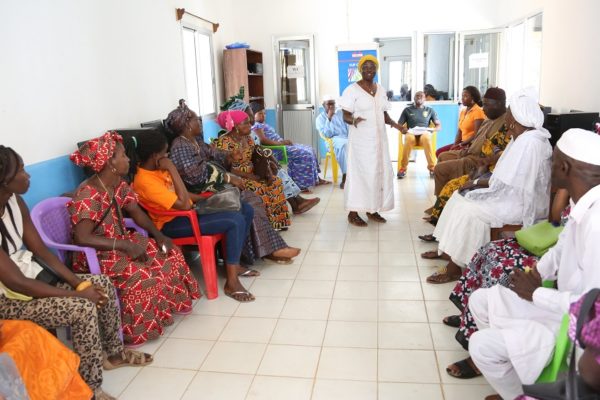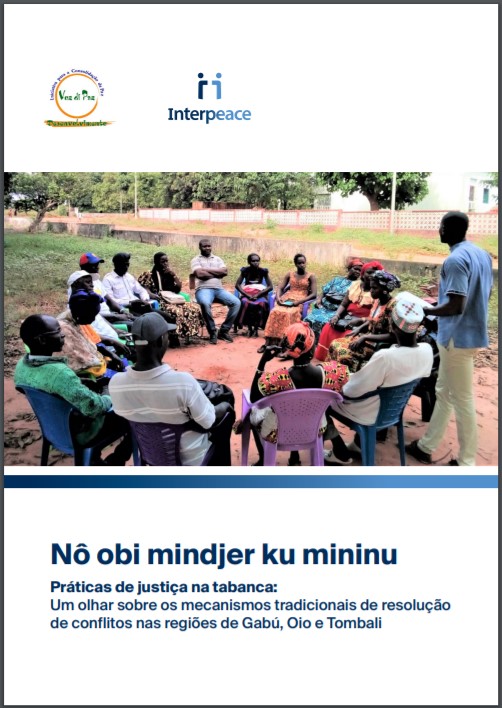
Scott M. Weber President of Interpeace
Scott M. Weber est le président d'Interpeace, une organisation internationale de consolidation de la paix et de prévention des conflits. Il est de nationalité franco-américaine.
Initialement créée par les Nations Unies en 1994 et implantée à Genève, en Suisse, Interpeacesoutient des initiatives de consolidation de la paix menées localement dans plus de 21 pays d'Amérique centrale, d'Afrique, d'Europe, du Moyen-Orient et d'Asie. En janvier 2018, Interpeace a été officiellement reconnue comme entité internationale par le Conseil fédéral suisse. Ce statut réaffirme le rôle important joué par l'organisation dans les processus de paix à l'échelle mondiale.
Avant sa nomination au poste de président le 1er juillet 2018, Scott a occupé celui de directeur général de l'organisation de 2005 à 2018, donnant ainsi différentes orientations à Interpeace et supervisant ses opérations, ses partenariats et son budget. En tant que président, Scott est responsable de la stratégie, du positionnement et de la mobilisation des ressources pour accroître l'impact, l'influence et la portée de l'organisation.
Avant de rejoindre Interpeace, Scott a travaillé aux Nations Unies,au Bureau du directeur général des Nations Unies à Genève (ONUG) et dans la prévention des catastrophes.
Scott croit fermement en l'éducation comme moyen de façonner les jeunes générations de citoyens du monde ainsi qu'en un monde plus pacifique et inclusif. Pendant son temps libre, il travaille avec des écoles et des universités afin de les aider à intégrer l'éducation à la paix dans leurs pratiques d'enseignement et leurs programmes. Il s'engage pour la diversité et l'inclusion et est membre de l'International Gender Champions.
En reconnaissance de ses réalisations professionnelles, de son engagement envers la société et de son potentiel à contribuer à façonner l'avenir du monde grâce à son leadership, Scott a été sélectionné pour être désigné Young Global Leader par le World Economic Forum (WEF) en 2009. Chaque année, le Forum récompense « les 200 plus prestigieux jeunes leaders de moins de 40 ans à travers le monde ».
Il est titulaire d'une licence en relations internationales, économie et russe (Bachelor of Arts in International Relations, Economics and Russian) de l'Université de Georgetown Il a également obtenu des certificats de formation des cadres en leadership (Certificates of Executive Education in Leadership) de la JFK School of Government de l'Université Harvard et un de la Saïd Business School de l'Université d'Oxford.
























